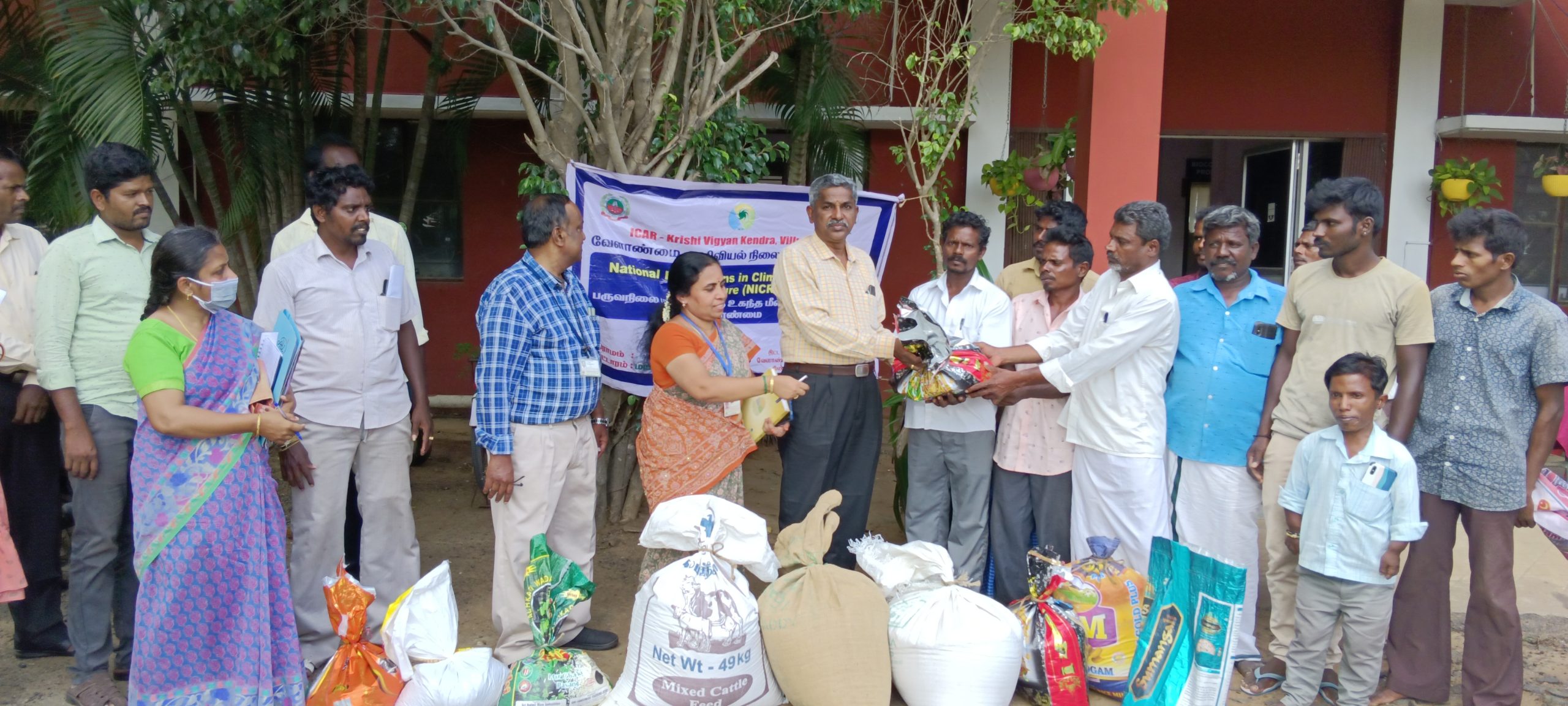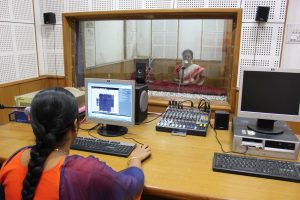The Tamil Nadu Agricultural University (TNAU) had its genesis from establishment of an Agricultural School at Saidapet, Madras, Tamil Nadu, as early as 1868 and it was later relocated at Coimbatore.
Get in touch
- info@tnau.ac.in
- 0422 6611200
- Monday to Friday: 9am to 5pm
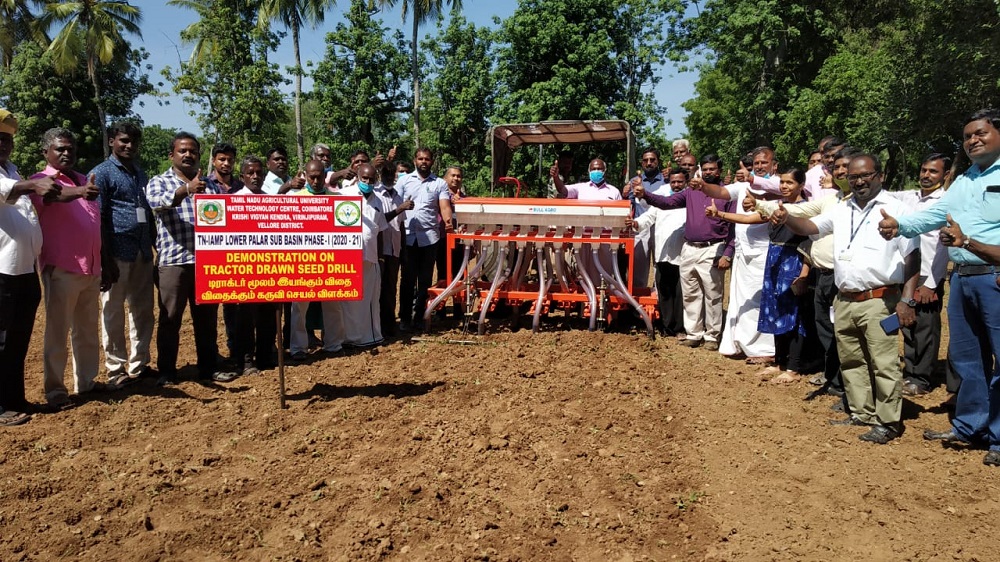
Schemes
TN- SCSP SCHEME
With a view to promote nutritional security in Scheduled Caste Household, a Scheme funded by ICAR – ATARI Hyderabad comprises supply of vegetable seeds, organic manures, livestock and poultry and training to the beneficiaries and technology backstopping. KVKs of TNAU train SC farmers on scientific methods of planting and management. Hundreds of farmers are benefitted every year under this scheme. The prime focus of the scheme is to enhance farmer’s income as part of doubling farmer’s income.
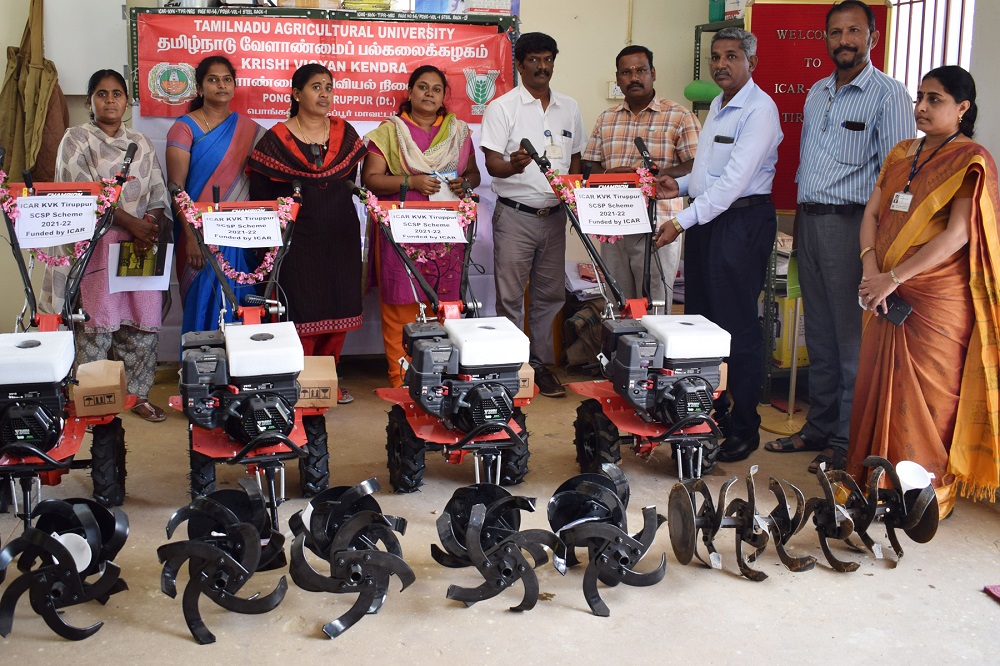
Tamil Nadu Irrigated Agricultural Modernization Project (TNIAMP)
TNAU look after the spread of technologies demonstrated in all the sub basin areas. The focus will be on how precision farming and improved production technologies could lead to enhanced productivity and production of crops and therefore higher income to farmers. Basin farmers are now have a narrow choice of crops and face both production (due to variable monsoon rains and other factors) risks and price risks. They will be supported to respond to market signals so that when the signals are positive, the farmers should reap better profits and at the time of negative signals, they should minimize the risks.

District Agro-Meteorology Unit (DAMU)
TNAU look after the spread of technologies demonstrated in all the sub basin areas. The focus will be on how precision farming and improved production technologies could lead to enhanced productivity and production of crops and therefore higher income to farmers. Basin farmers are now have a narrow choice of crops and face both production (due to variable monsoon rains and other factors) risks and price risks. They will be supported to respond to market signals so that when the signals are positive, the farmers should reap better profits and at the time of negative signals, they should minimize the risks.
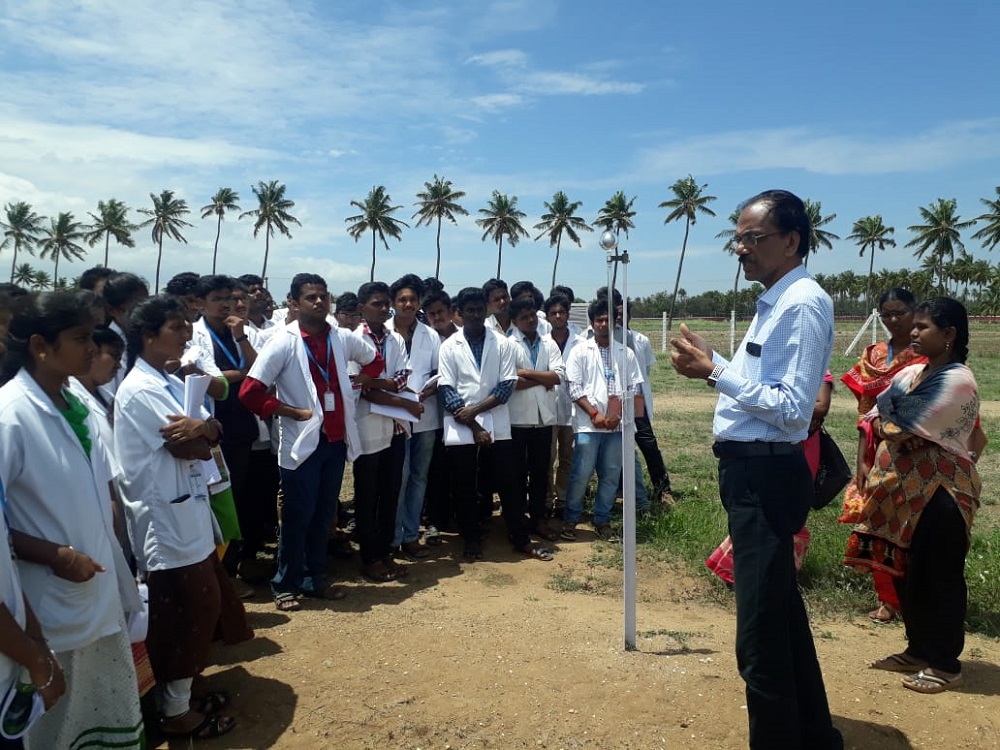
NICRA
National Innovations in Climate Resilient Agriculture (NICRA) was launched during February 2011by Indian Council of Agricultural Research (ICAR) with the funding from Ministry of Agriculture, Government of India. The mega project has three major objectives of strategic research, technology demonstrations and capacity building. Assessment of the impact of climate change simultaneous with formulation of adaptive strategies is the prime approach under strategic research across all sectors of agriculture, dairying and fisheries. Evolving climate resilient agricultural technologies that would increase farm production and productivity vis-à-vis continuous management of natural and manmade resources constitute an integral part of sustaining agriculture in the era of climate change. The four modules of NICRA – natural resource management, improving soil health, crop production and livestock – is aimed making the farmers self-reliant.
